Horror’s Scream Queens and Rising Talent: Six Questions for Aislinn Clarke
“Aislinn Clarke is a film-maker and writer/director, whose work has been professionally produced for film, stage, and radio. She has an academic background in Film and Scriptwriting up to Master’s degree level and has worked in film, TV, theatre, and radio, locally and internationally, for fifteen years. She is the first woman in Northern Ireland to write and direct a produced feature film, The Devil’s Doorway, which was invited to showcase at BAFTA in London, later screened at the Cannes Film Festival and has secured international distribution. Aislinn is also contracted to write and direct the feature film ‘The Crossing’ for Boudica Films and another feature film ‘Touched’ for BAFTA nominated company Rocliffe. Her radio work has been broadcast on BBC radio nationally, as well as in the USA, Canada, and Germany. She has been profiled as a theatre director in The Stage magazine, and her theatre work has toured extensively across the UK and Ireland. She is now a Lecturer in Scriptwriting at Queens University Belfast as well.”
1. How did you get into the industry?
I have a BA in Film Studies and went on to study for an MA in Film and Visual Art. After that I worked in TV for a number of years and although I was doing quite well, I wanted to focus on writing so I turned down an offer to work with a major broadcaster and instead went to New York to study for a diploma in Screenwriting from the NYFA. When I returned I undertook to do a second MA in Scriptwriting that gave me the ability to focus purely on writing for some time. I then began working in theatre and making shorts, always maintaining a focus on horror and the macabre. Eventually I got the opportunity to make my first feature film, The Devil’s Doorway, which finished the post production on literally last week. The film is currently at the Berlinale film market and will be coming out later this year.
2. What Scream Queen/Woman in Horror inspired you the most?
I don’t recall being inspired by any one individual as much as by individual films and the genre as a whole. My favorite heroine is Mia Farrow as Rosemary in Rosemary’s Baby, an exquisite film with a brilliant performance.
3. What horror film hooked you on the genre and why?
The film that first hooked me to horror would be A Nightmare on Elm St which I saw when I was far too young (about 7). It terrified me, and I loved every minute. Images that captured my imagination were Amanda Wyss being dragged along in the body bag down a school corridor (what a fantastic shot!) and Heather Langenkamp in the bath on the threshold of sleep and therefore grave danger. I was as worried about her drowning —the tension was unbearable! I saw The Exorcist at about the same time (my dad was a huge horror fan), and as a catholic child I was fascinated and haunted by it. It all seemed so possible. For me at that age, The Exorcist was a cautionary tale against using Ouija boards, which were very much contraband in our house. Did I heed it? No. Of course not! I was terrified but also very curious. My curiosity won out, and I and my sister made our own Ouija board and had many an adventure on that thing.
4. When you are presented with a project, what are the things that draw you to certain projects and away from others?
I am a writer/director, so most of the work I do is self-originated. When I am approached with a project, it’s usually a one-pager or a general idea, and I have a lot of leeway to make the project something that resonates for me — something that I think is worth making. I like to focus on making work that does more than just entertain. I like to make work that is about something, in a broader sense. Something that speaks about an element of human experience that needs to be explored. The world is full of bad throwaway movies, and movies take a long time and a lot of money to make, so I like mine to have a strong reason to exist now. I like to ask myself why this story is important now.
What draws me away from projects is anything from a sense that the production is not organized and professional, to simply not feeling that the story is one that suits me and how I work as a storyteller. I may think it could be a great story, but that it isn’t my type of story. A huge amount of emotional, physical, and mental energy goes into making a film, and filmmaking takes a lot of time and money, therefore I don’t take it lightly. Each project needs a strong reason to be. I need to believe in it enough to power it through from an idea to the screen. Philip Larkin says, “On me your voice falls as they say love should, like an enormous yes.” That’s how I want each new project or idea to feel, like an enormous yes.
5. The evolution of women in the genre continues to change almost daily, so what are your thoughts on how things have changed and what do you see coming for the current and future women of horror?
I think we are in a time of flux. Everything is changing, in the film world as well as in a wider political sense. Work will reflect those wider changes in the world, because films generally do. For me I would like to see a wider range of female led stories with women working on making those stories in all departments. When I say “female led” I mean not only in terms of HODs, but also in terms of the story protagonist, in terms of what the story is about. I want to see more stories that speak to and about female experience.
This does not mean the same thing as the often mentioned “strong female leads”. I am fine with strong female characters, we need those too, but I’m not as interested in a physically and emotionally strong female character being inserted into a largely male story as I am in seeing complex three dimensional female characters acting out stories that speak to and about female experiences. Female stories can and should be seen as human stories, rather than niche.
Complex female characters are not always strong, nor should they be. I want to see the full range of female experience on screen, including vulnerability, including weakness if it serves the character. Women are not always empowered in real life, so we should not seek to place only empowered female characters on screen. Women need to see ourselves fully represented within our culture, the good, the bad, and the ugly. That’s what I hope to see more of in the future — the full range of female human experience, not just the ideal. That will mean better films and a better cultural conversation for all of us, not just for women.
6. What are the next couple projects you are working on?
A folk horror script I wrote was optioned by a producer in London, and I’m currently working on a new draft of that. I was also commissioned to write a real-time thriller script set on a refugee boat on its way to Greece from Turkey. That’s at a second draft stage now. Excitingly, I have also been lucky enough to be chosen to write and direct one of three new TV pilots for a major broadcaster, so watch this space on that too.
Aislinn Clarke’s Links:


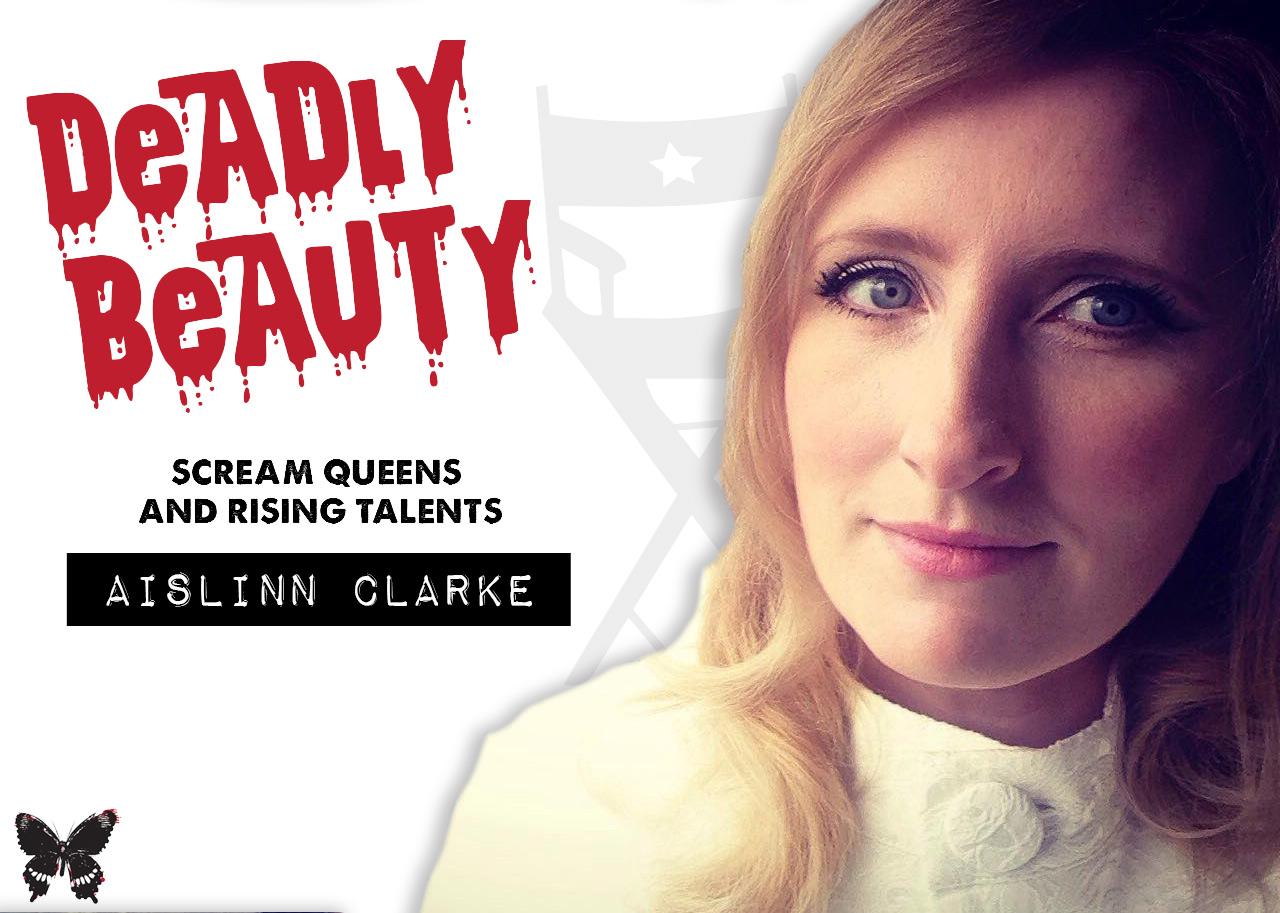

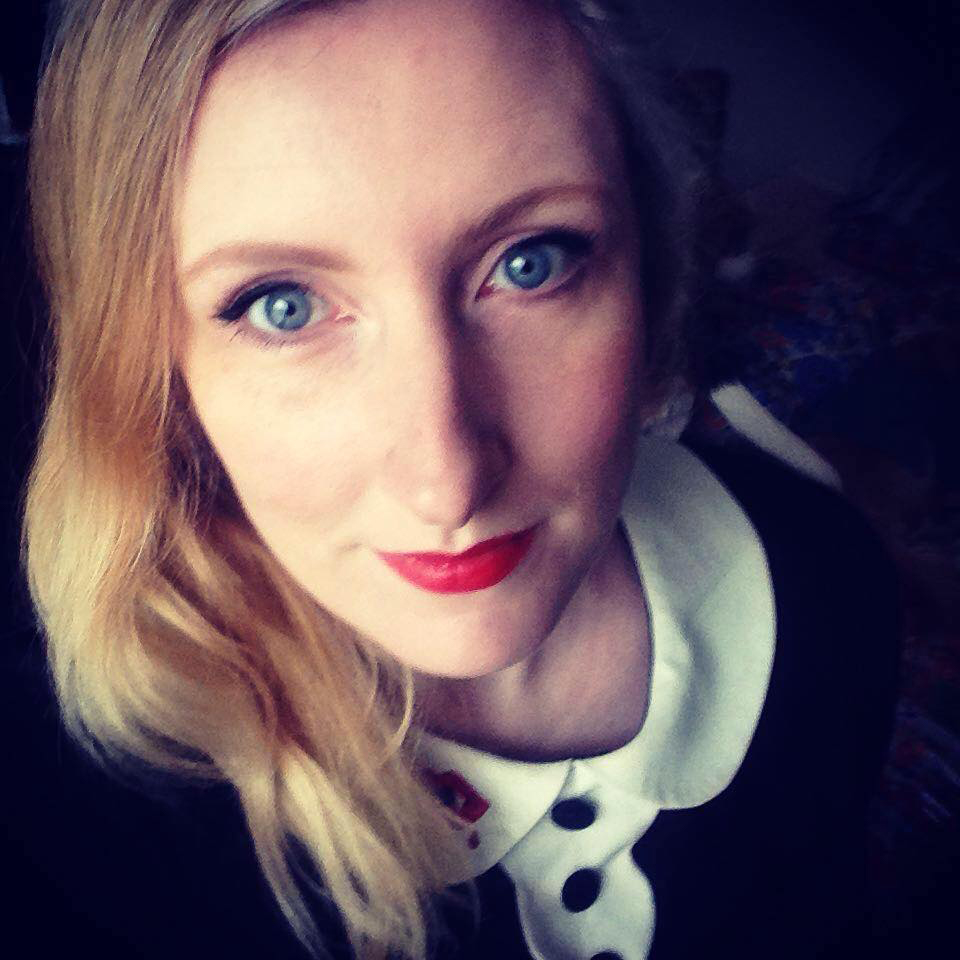

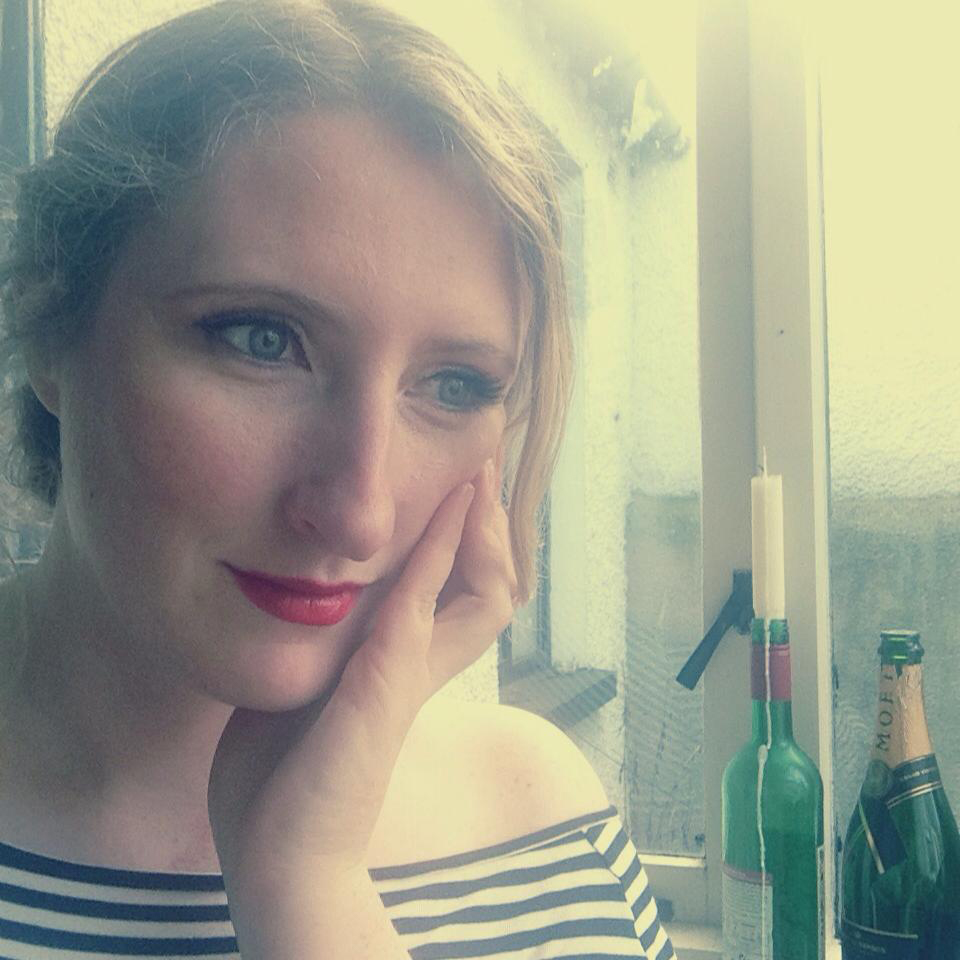

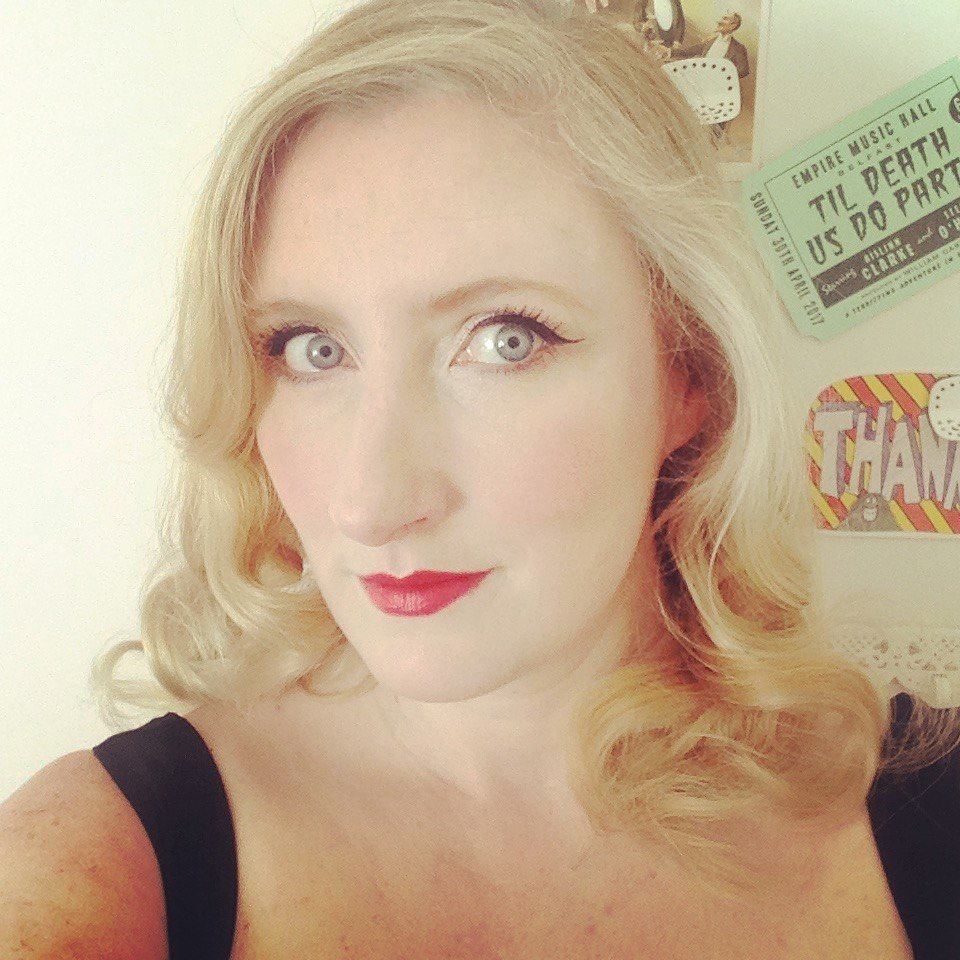
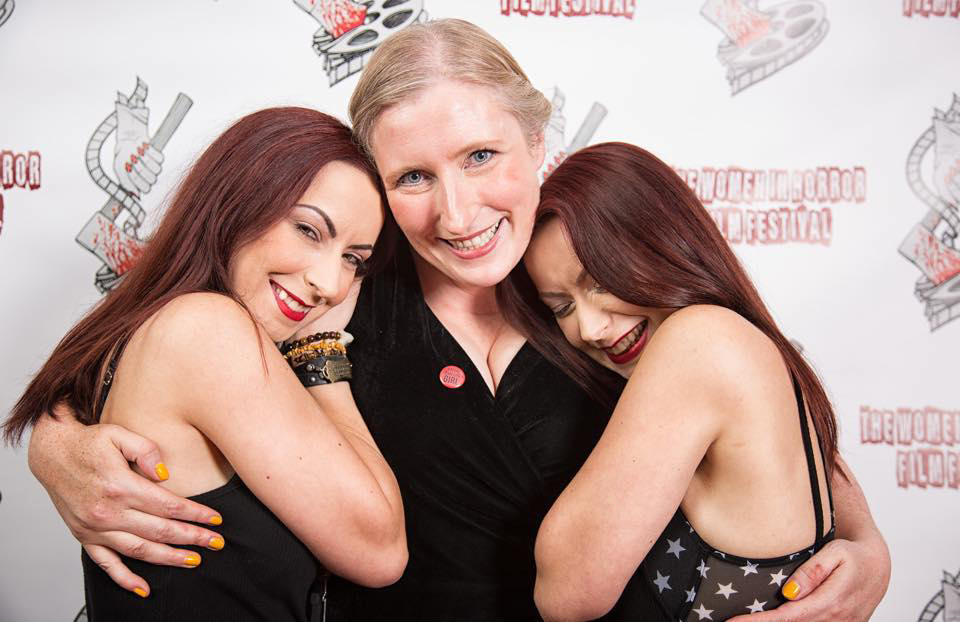
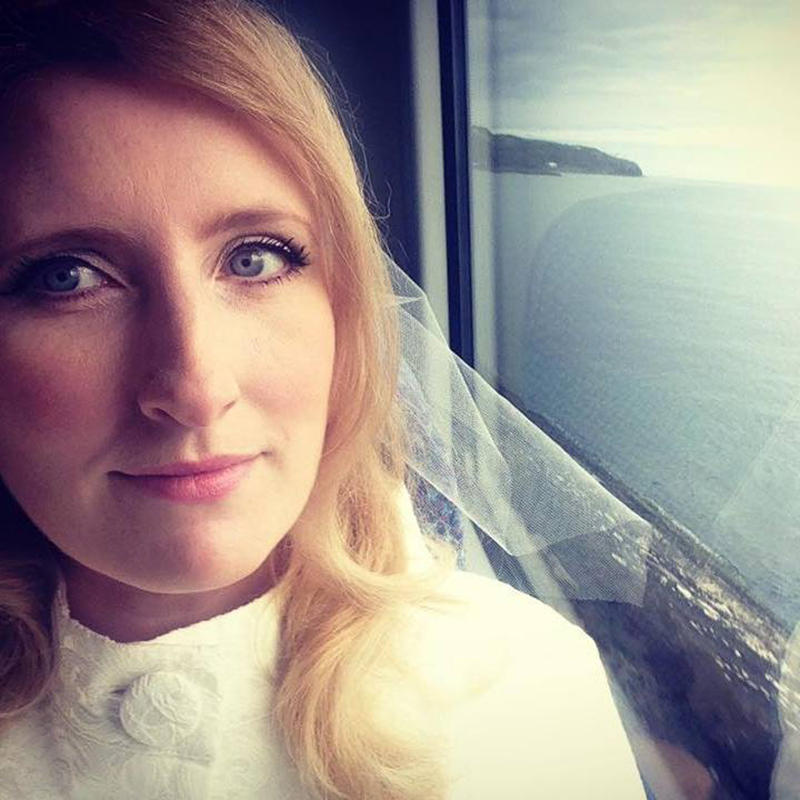
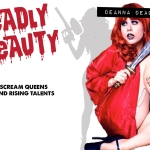
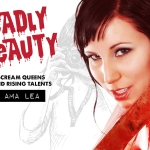
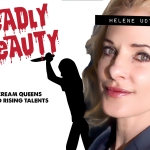
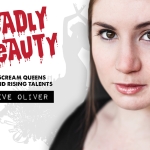




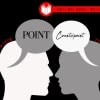
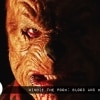
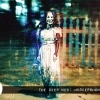
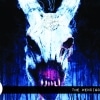




1 Comment
1 Record